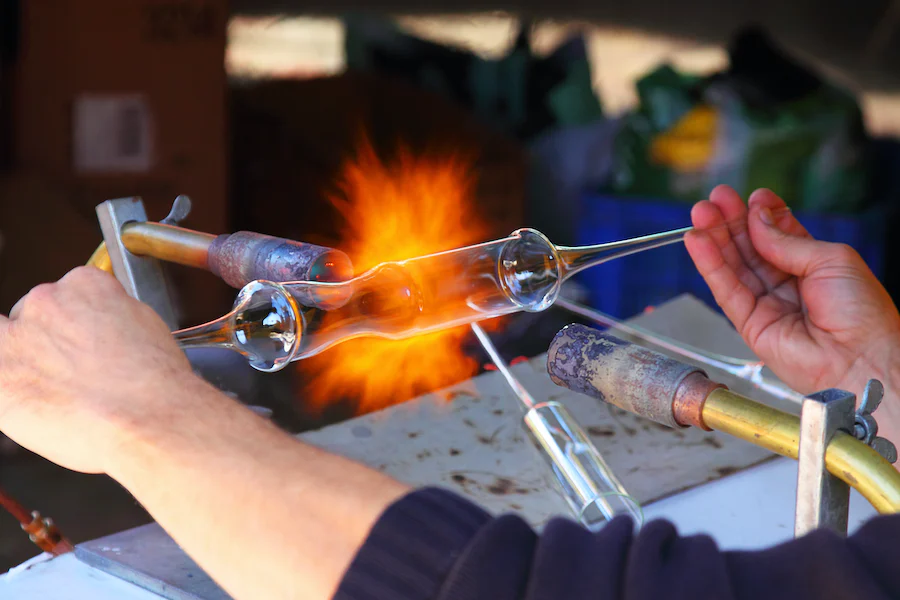
The impact of a positive reputation shock on career choice
From a personal standpoint, career choice is an important and far-reaching decision. It is important because it affects income, opportunities for self-realization, and satisfaction at work and in life. It is far-reaching because it is a high-stakes decision requiring the acquisition of specialized skills that can only be reversed at a considerable cost. At the same time, career choices are complex, and keeping track of all possible career options is virtually impossible. While personal preferences, skills, and gender play a significant role in career choice, adolescents are malleable in their decision-making, especially by parents, teachers, and peers.
Another significant factor that shapes career choices is the prestige or reputation associated with a profession. In our ongoing study, we explore a notable shift in perception that influences the reputation of certain professions. This positive reputation boost is derived from the success of compatriots who have won gold medals at the World Championship of Vocational Skills, known as WorldSkills. At WorldSkills, young individuals from over 80 countries engage in more than 50 diverse skills competitions, ranging from Landscape Gardening to CNC-milling. Each of these competitions is closely aligned with the vocational skills required in specific professions.
Our empirical analysis reveals that after a compatriot wins a skills competition, interest in the respective occupation increases. This surge is quantified by an uptick in searches for apprenticeship vacancies on an online platform. It is more than just a loose interest; it is a revealed preference for the high-stakes decision of starting a three- or four-year apprenticeship. We find that this increased interest affects the apprenticeship market in two ways. In gold-winning professions, first, a higher number of apprenticeship contracts are signed, and second, the quality of the employer-apprentice match increases.
A pivotal question arises: how does winning a medal in an international vocational skills competition influence the career choices of young individuals? Our hypothesis is grounded in the positive impact of perceived social status, occupational prestige, and the influence of role models. When individuals, both young and adult, contemplate their career paths, they often consider how their chosen occupation is perceived by society at large. The concept of social status reflects the degree to which a profession is esteemed by society. We posit that the media attention bestowed upon medal-winning individuals exerts, at the very least, a temporary positive influence on the social standing of the respective profession.
Furthermore, medalists serve as inspirational role models. What sets this impact channel apart is that these individuals are not elite athletes or celebrity superstars. In such cases, everyday people may assume that such accomplishments are beyond their reach. Instead, these medalists are young individuals, much like you and me, and as such, they represent attainable goals.
In summary, heightened visibility through personalized demonstrations of professional excellence can significantly bolster interest in vocations and the pursuit of learning in these fields.
© Daniel Goller and Stefan C. Wolter
Daniel Goller is Professor at University of Bern
Stefan C. Wolter is Professor at University of Bern and IZA Research Fellow
Please note:
We recognize that IZA World of Labor articles may prompt discussion and possibly controversy. Opinion pieces, such as the one above, capture ideas and debates concisely, and anchor them with real-world examples. Opinions stated here do not necessarily reflect those of the IZA.
Related IZA World of Labor content:
How important is career information and advice? by Sandra McNally
Does vocational training help young people find a (good) job? By Werner Eichhorst
Do firms benefit from apprenticeship investments? by Robert Lerman
Evaluating apprenticeship training programs for firms by Samuel Muehlemann and Harald Pfeifer
Foto by Quino Al on Unsplash